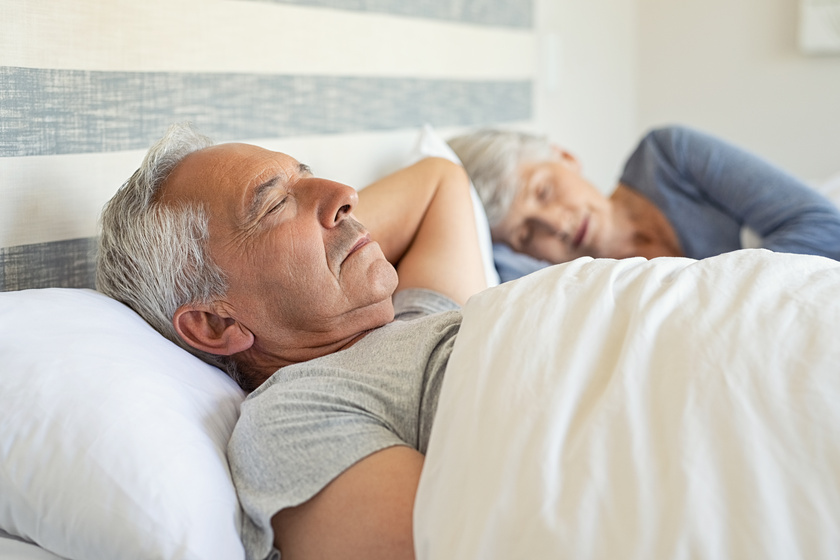Quality sleep is important for everyone, especially those suffering from dementia, as they will have less confusion, more energy, improved coordination, and greater satisfaction overall. Below are some tips which will help dementia patients sleep better that don’t involve using sleeping aids.
Address the Underlying Cause
If a person with dementia is having difficulty sleeping, you’ll first need to figure out why. There are a number of medical conditions which might make it more difficult for someone to fall asleep, such as chronic pain. If this is the culprit, you’ll first want to alleviate their discomfort by using a massage, warm compresses, and pain killers before going to bed. You’ll also want to check any medications they’re currently taking to determine if they have side effects which could be disrupting their sleep and if so, discontinue their use.
Expose Them to Natural Daylight
Spending time outside during the day is important, especially in the mornings, as this will establish a person’s internal body clock. As a result, they will become sleepy during the evenings, which is exactly what you want. At night you’ll want to dim the lights to encourage sleepiness near their bedtime. If the person is bedridden and cannot get outside much, an alternative is to utilize a lightbox or lamp which produces bright interior light, as such devices have an effect that is akin to natural light and will also establish one’s internal body clock.
Avoid Caffeine at Night
Paying attention to what the dementia patient drinks at night is important. Beverages which contain caffeine are problematic because they are stimulants that will minimize the need to fall asleep. Additionally, it will prompt those that drink it to visit the bathroom more frequently. Because caffeine effects may last for hours, it is recommended to only drink non-caffeinated drinks after lunch, and save the caffeine for lunch and breakfast. The best drinks to consume in the evening include water or milk.
Create a Sleep Friendly Environment
The environment a person sleeps in will play a crucial role in their ability to get a good night’s rest. The room should be dark, preferably pitch dark, and very quiet. If the dementia patient fears waking up in a pitch-black room, or fears they won’t be able to find the toilet when they do, it is best to install a night light.
The room temperature should be cool (at approximately 18 degrees Celsius), but not too cold. The space should never be stuffy and the room must be uncluttered with a bed that is comfortable and provides excellent back support. Shut off all electronic devices as their light and glow can disrupt the internal body clock and make falling asleep harder.
Eat At The Right Time
It is best for dementia patients to eat a few hours prior to going to bed, so they are not hungry when they lie down. However, the meal should be light so they don’t go to bed with a full stomach. They should also drink a non-caffeinated beverage, but it too must be light so they don’t have to constantly get up to use the restroom.







